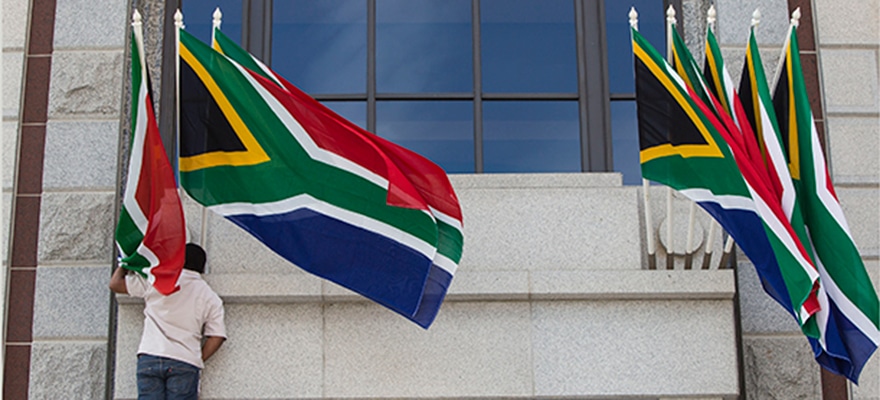Citigroup’s South African arm has been ordered to pay more than $5 million to the country’s Competition Commission as a penalty for taking part in a cartel rigging currency quotes for customers who were buying or selling the local currency.
The world’s largest financial firm is being forced to hand over 10 percent of its annual turnover as part of a settlement over alleged abuses of forex prices quoted to clients for buying and selling currencies, known as a bid-ask spread. This is the first financial punishment handed out by the country’s regulator, a move that other banks are expected to follow, although banks affected can appeal to South Africa’s Competition Appeal Court.
Citibank N.A. South Africa said the settlements “aimed to improve its internal systems and monitoring processes”.
“Citi is pleased that the matter has been settled. We will continue building upon the changes that we have already made to our systems, controls, and monitoring processes. Fostering a culture of ethical behaviour has been, and continues to be, a top priority for Citi,” the bank said on Monday.
South Africa’s Competition Commission announced last week that it had found more than a dozen local and foreign banks colluding to coordinate trading in the South African and US currencies.
Rand rigging scandal
Following a string of similar lawsuits in the US and UK, the Competition Commission believes the banks in question acted in concert to manipulate either prices for bids, offers or spreads for spot trades involving the rand and the US dollar.
The Commission added that the cases will be brought under anti-trust rules, which effectively limit the class action to South African claimants.
A further eleven banks have been involved in the case. The list includes Investec, JP Morgan, BNP Paribas, Credit Suisse Group, Commerzbank AG, Standard New York Securities Inc, Macquarie Bank, Bank of America Merrill Lynch, ANZ Banking Group Ltd, Standard Chartered Plc and Barclays Africa (Absa), part of the Barclays Plc.
The South African Reserve Bank (SARB) commented on the development: “The SARB will allow the legal processes now initiated to run their course, and will continue to monitor developments closely to inform any action that we may need to embark upon in accordance with our mandate and jurisdiction.”





Be First to Comment